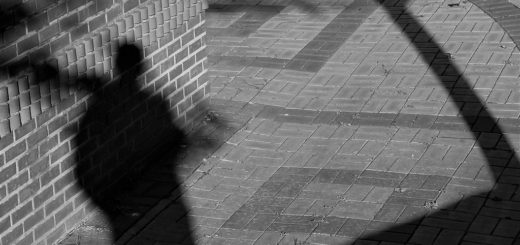What Modern Parents Say vs. What They Mean
“Now that you are close to graduating, you have to focus on getting a safe, comfortable job as quickly as possible.” Meaning: I don’t believe you can accomplish anything really worthwhile in life, so you shouldn’t waste your time trying.
“A stable career is the most important thing.” Meaning: Money is the most important thing.
“Get your head out of the clouds and do something practical.” Meaning: I didn’t raise you to think and dream; I raised you to be a functioning wheel in the economic machine.
“Why can’t you make normal choices like other people’s children?” Meaning: I don’t think you are special, and what’s more, I don’t want you to be special.
“You want to be able to raise a family someday, don’t you?” Meaning: Stop thinking for yourself.
“But,” one might object, “aren’t the parents who issue such prodding and cajoling advice merely showing a proper concern for their children’s futures?”
They are showing concern, yes; proper concern, no. For their concern is to protect their child from ever having to face anything, struggle with anything, or endure anything. They are urging their child to choose and cultivate a pain-free, risk-free life. In other words, they are actively discouraging their child from learning and growing. Their hope, no doubt sincere and heartfelt in its intentions, even loving in many cases, is to keep their child small, dependent, and at all times motivated and ruled by fear. They themselves, presumably, dread the unknown and mysterious — including but not limited to mere practical uncertainties — and they wish to foster that same dread, which they mistake for common sense, in their child.
Clinging to the safe, stable, and predictable is their own chief aim — or their failure to do so their chief regret — and hence they are no longer able to envision any ultimate ends beyond comfort and security, or any way of life apart from late modernity’s permanent and defining condition of tightly regulated and materially palliated anxiety.
With this continuous and well-intended downward pressure, these parents, the “last men” whom Nietzsche foresaw, have effectively become one of the burdens a thoughtful young person must endure in order to build a life worthy of a fully human soul, by which I mean a soul that has preserved its innate urge to cling, against all oppressive crosscurrents, to the elusive wisp of divinity that separates us from the lower animals and from machines. When those desperate clingers, the thoughtful and serious ones who have somehow preserved the power to wonder and doubt, cease to cling to that wisp, as their parents, teachers, and leaders are pressuring them to do at every moment, mankind’s fall will be short and fatal.



